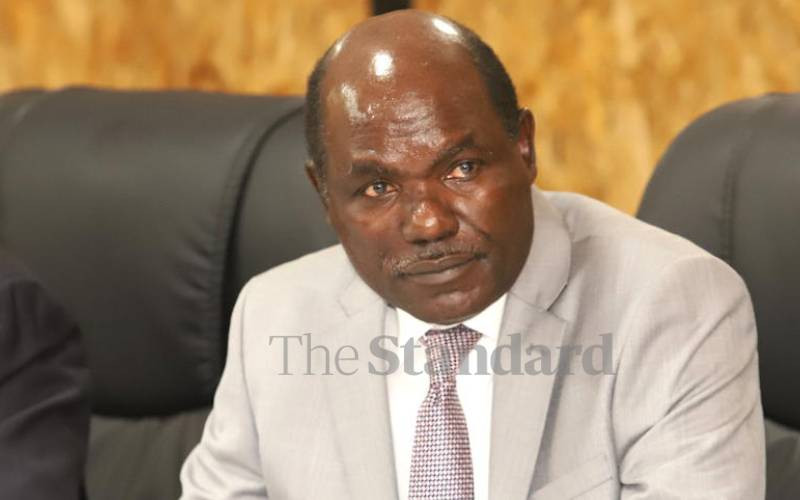×
The Standard e-Paper
Smart Minds Choose Us

The recommendation of the Justice Aggrey Muchelule-led tribunal investigating the conduct of commissioner Irene Masit could see the Independent Electoral and Boundaries Commission (IEBC) without a team in January.
IEBC chairman Wafula Chebukati and commissioners Abdi Guliye and Boya Molu are set to exit this month when their terms in office end.